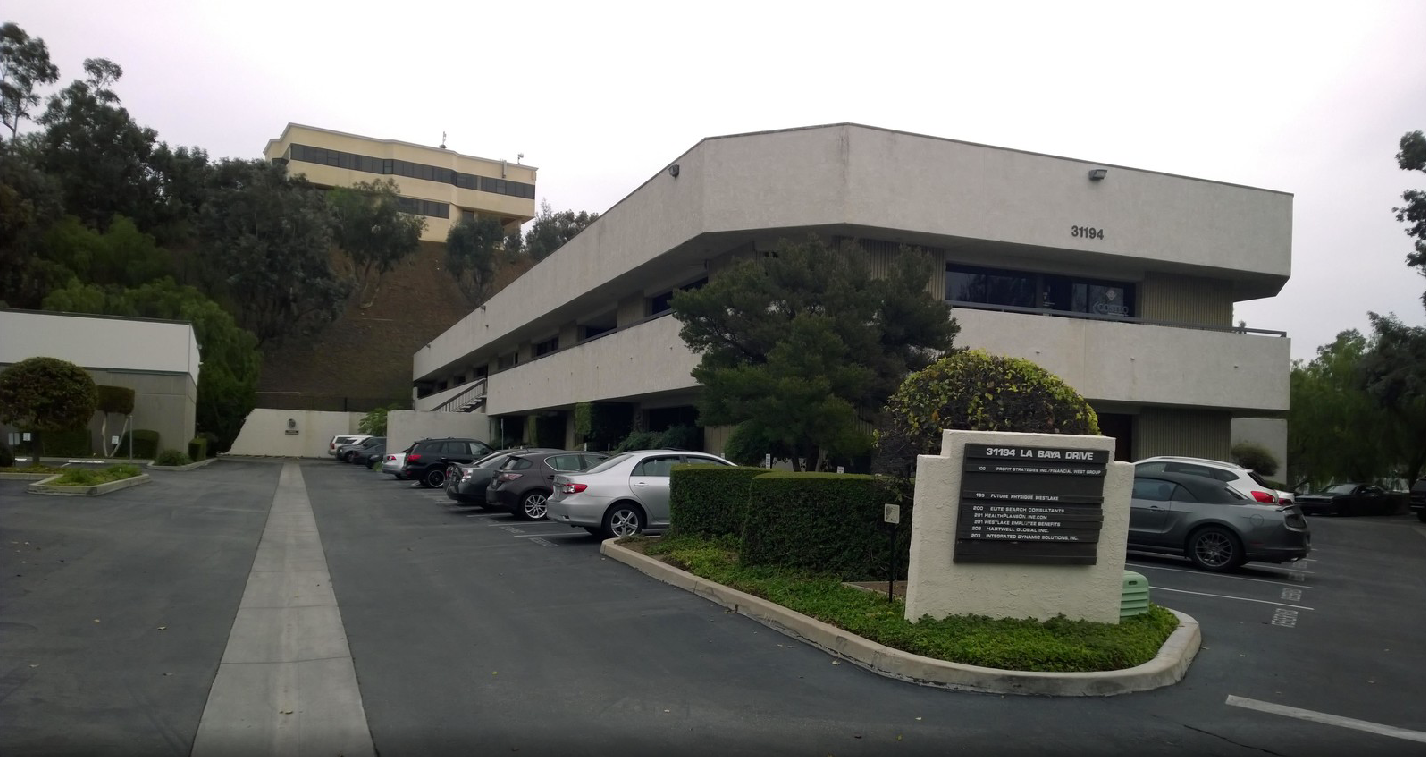Many of my retail clients, especially restaurants and other food types of users, want to lease a great location with lots of visibility and quality foot traffic. The main problem is that most of these prime locations are already leased.
So, what if your broker found you a prime location where the business owner might be willing to sell at a very inexpensive price? Many businesses will accept an unsolicited offer to buy them out inexpensively because they simply aren’t doing that well, are tired of the hours, want to retire, are ready to try something else and for many other reasons. If you bought the business, you would then have the option to either assume the existing lease or, at times, the landlord will agree on entering a new lease with you instead if he likes your business and/or financial strength better than the existing tenant.
As both a business and commercial real estate broker, I have been successful in doing the above for my clients. For as little as $20,000, I have been able to secure many prime locations for my clients to lease. (The price varies for many reasons, such as the worth of the existing improvements in the space, inventory, existing lease terms, perceived value by seller, etc.)
There aren’t many brokers that successfully perform both business sales/buying and commercial real estate leasing/buying/selling like I do, and the combination serves my clients well. Unless they are very experienced at both, you should never let your leasing broker also represent you on your business sale or your business broker represent you for your lease. They might be good at their main expertise, but won’t be good at the part they don’t do much of; and it won’t end well for you if you do.
If you want to find out more about how to lease a prime location, buy/sell a business or commercial real estate, please contact me at 805-217-0791 or david@djmcre.com or visit our business brokering page.




